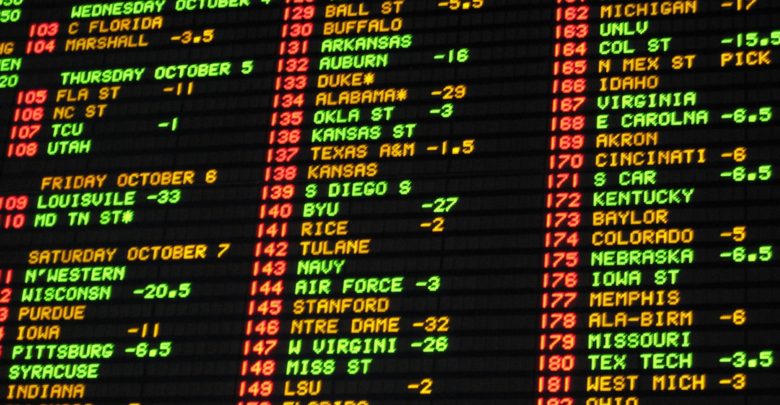Audit Points Out that More Regulation is Needed in Colorado’s Sports Betting Market Moving Forward

The Colorado Division of Gaming is responsible for regulating the Colorado sports betting market. However, the Division has been under heavy scrutiny as the audit revealed significant issues regarding handing out too many temporary licenses to sportsbook operators that want to enter the Centennial State.
What are the Main Issues Identified in the Audit?
Colorado is a state that has a low barrier to entry which allows numerous bookmakers to get a license to conduct business in one of the most prominent markets in the sports betting industry. The Colorado Office of the State Auditor conducted the audit, which has produced an extensive 56-page document covering from May 1, 2020, through April 30, 2021, that detailed the department’s flaws since the market launched.
Through that span, bettors across the state have wagered a total of $2.3 billion. Due to the operators’ inadequate documentation, more tax revenue could be lost to the state as the money generated is used to fund programs and help those who live in the state.
Colorado has one of the lowest tax rates in the industry, as it is situated at 10 percent based on revenue. A segment of the report stated that the Division of Gaming lacked “an effective process to investigate sports betting operations for temporary licensure, or to collect sufficient documentation to determine if sports betting operations’ monthly tax filing were accurate.”
There Are Too Many Differences in Several Reports
In just 2021, the state was able to collect $8.6 million in tax revenue, but the report states that Colorado could be losing out on more revenue. According to the report, 35 of the 39 casinos licensed to offer online or retail sports betting hold temporary licenses. Auditors found that five of these gaming facilities did not undergo a minimum background check which allowed them to use their licenses like a permanent one.
The report also pointed out that had the operators not been able to use deductions to pay fewer taxes, the state would have collected an additional $706,000 in the first year of operation. Monthly tax filings varied by around $1 million at times which raises red flags for those that are conducting the audit.
The moral of this investigation is the Colorado Division of Gaming has failed to accurately monitor what the operators were doing, which cost the state more money. It’s easy to say that the department has failed in numerous areas.
Breaking Down Colorado’s Sports Betting Market Even Further
In the first two years of operation, bettors across the state have wagered $6.945 billion, which is a significant amount. During that span, only three states have taken more wagers which include New Jersey, Pennsylvania, and Illinois.
Colorado also became the first state to eliminate the tax write-offs for betting promotions. Also, in April, the state’s monthly handle dropped to $392.3 million, which marked a 22.4 percent decrease from March’s $505.6 million. Sports betting has generated $17.7 million in tax revenue for the state since May 2020.
